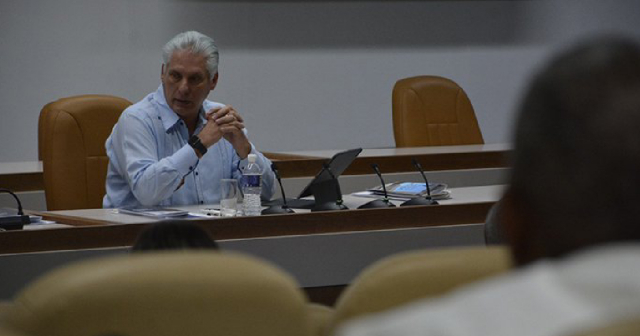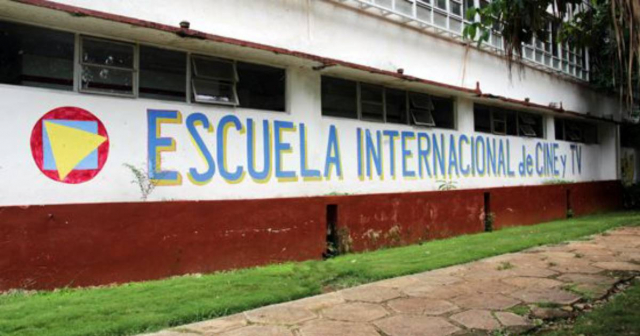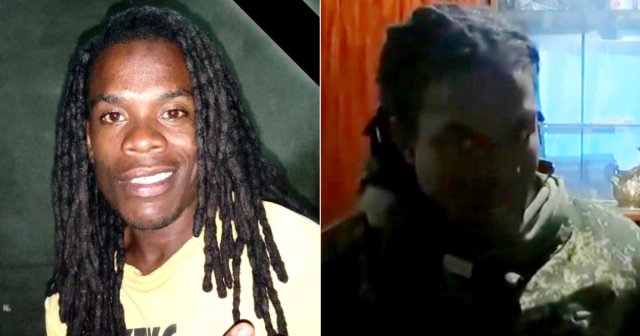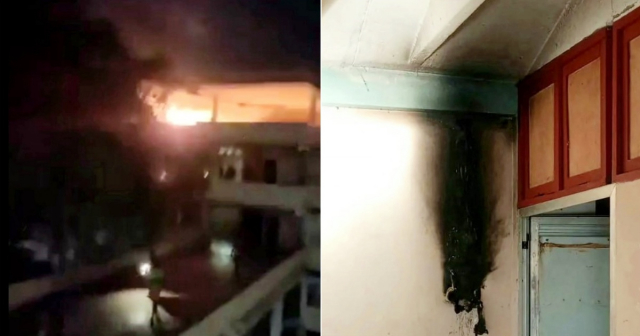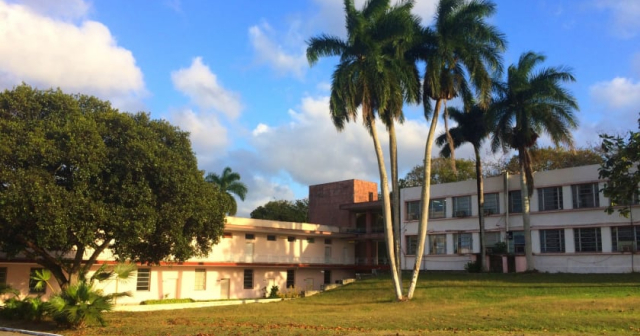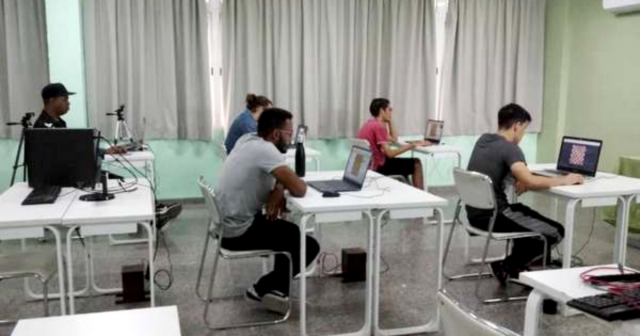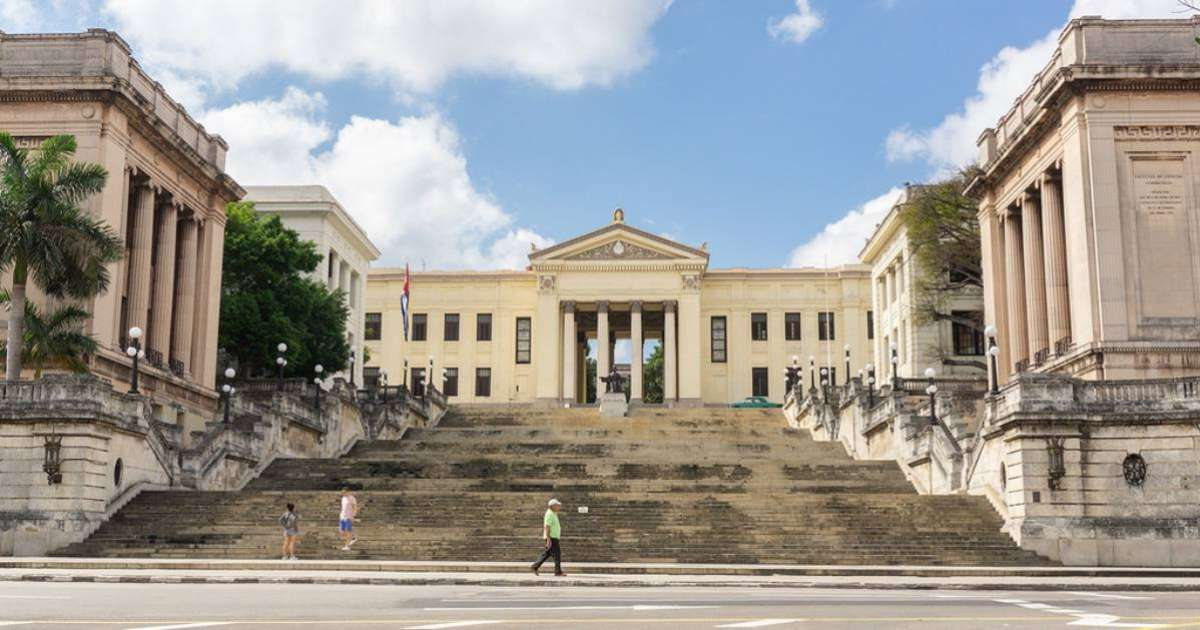
The Cuban government modified the regulations of teaching processes in the Ministry of Higher Education (MES).
Daisy Fraga Cedré, general director of undergraduate professional training, told the ACN that the objective of the changes is to promote entry, permanence and graduation from higher education, maintaining "the quality standards demanded by the country."
One of the most striking changes is the replacement of semester by period, an aspect that the MES considers will allow each center to design the teaching process according to its needs.
Another important change is in student evaluations. There will be from now onthree calls for final exam for each subject of the academic period. In the case of subjects that do not have a final evaluation act, the first exam call will be the closing of notes.
To be eligible for the three exams, students must meet the attendance and teaching achievement requirements.
"Students who have 20 to 50 percent absences will have the opportunity to attend the third final exam session, and those who exceed these figures will only be able to do so in very justified situations," said Fraga.
The new regulations also seek to take advantage of the use of virtual environments and will favor the possibility of combining modalities in certain learning activities in both the daytime course, the meeting course, and the distance course.
Students who withdraw from one course no longer have to wait a year to enroll in another, they will be able to do so in the following course.
Sewill allow two transfers of subjects for each academic period. This applies to all teaching modalities. In addition, students may request leave twice before completing their degree.
Another novelty is the selection of students with high teaching achievements. These students will be linked to research groups and will be a direct source of scientific institutions in the country.
Professors may exempt students with comprehensive results in their university career from the study completion exercise.
The legal regulations of the MES are included in two resolutions: Resolution No.47 of 2022, which refers to the figure of the university degree and Resolution No.115 on the level of short-cycle higher education.
The regulations apply to the procedures that serve as a foundation, orientation and regulation of the movement of students from the moment they enroll in a degree until their graduation; as well as the planning, execution and control of the educational teaching process.
This week thestatements by a professor from the University of Havana They generated a wide debate on social networks. He called attention to themigratory stampede and how this leaves the classrooms of Cuban universities empty.
"I am running out of doctoral students. Not only are they leaving Cuba without finishing their doctorate, they are also leaving without starting it," said Professor Daniel García, who never imagined that he would be left in the class without those human resources that he once thought. They were "inexhaustible."
What do you think?
COMMENTFiled in:

